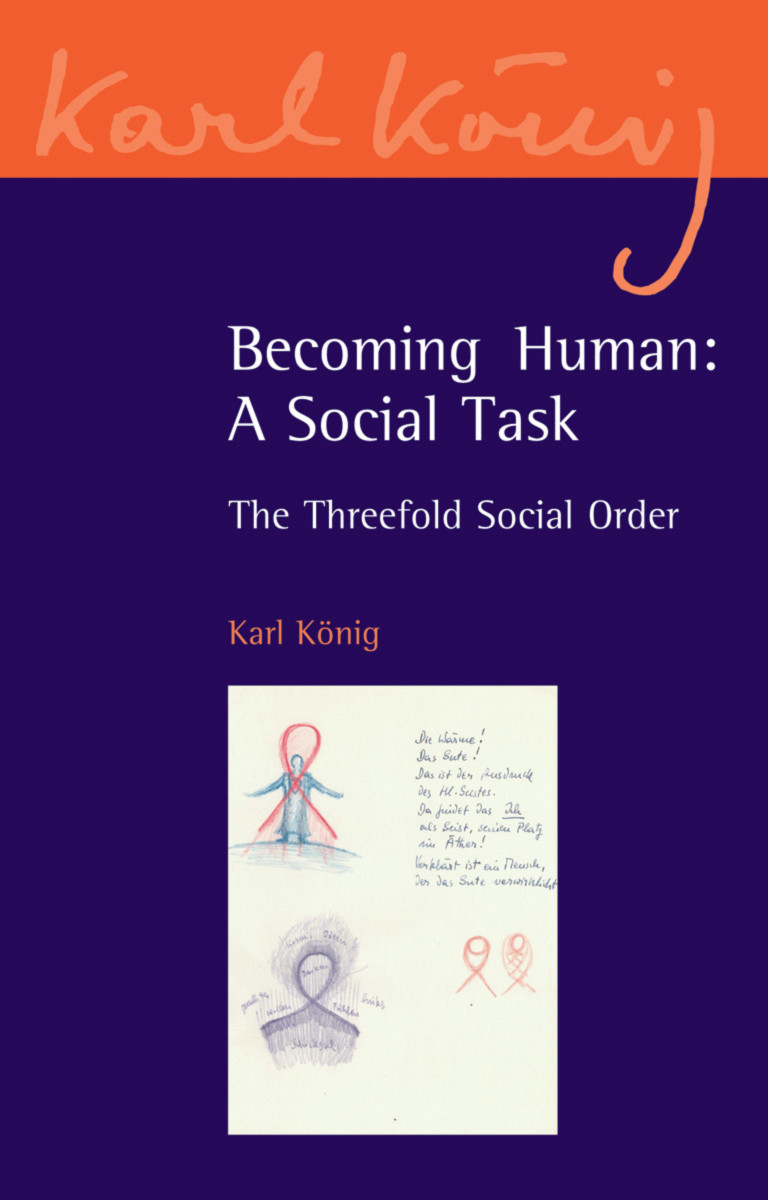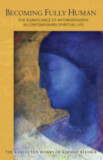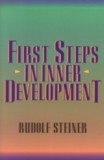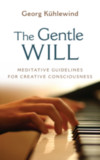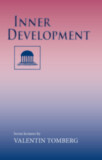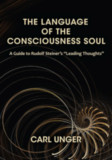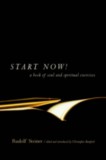- Publisher
Floris Books - Published
23rd August 2011 - ISBN 9780863158094
- Language English
- Pages 192 pp.
Karl König, the founder of the Camphill movement, was very aware of the need for change in the social order he saw around him. In this revealing collection of imaginative thought and ideas, he shows, however, that true social change must begin in individuals.
He goes on to say that renewal is something each human being can practice themselves in the midst of everyday life.
“Threefolding in the social realm is not an easy concept to come to terms with, let alone realize.... All the more reason to pick up this very timely book and make an effort to understand how society could have organized itself; and what could still happen if social development stays connected with the true needs of humanity rather than be blinded by power and greed. At times it is heartrending to read how the right path for humanity has time and again being sidetracked. Yet overall it is inspiring to know that this impulse has not simply failed and died out.”
C O N T E N T S:
Editorial Note
Introduction by Richard Steel
Motifs of the Social Mission in Karl König’s Life by Richard Steel
The Threefold Social Order
The Historical Context of the Threefold Social Order
The Failure of New Social Endeavors
The Spiritual Dimension of Human Development
Wonder, Compassion, and Conscience
Developing Responsibility in the Social Realm
Michaelmas and the Threefold Social Order
The Spiritual History of Central Europe and the Threefold Structure of Karlstejn Castle
The Michael Festival as a New Festival of Community
Temple Building and Community Building: Goetheanism and the Goetheanum
Appendix:
The Social Organism is Threefold
Report on the Journey to Bohemia
Bibliography
Index
Karl König
Dr. Karl König (1902–1966) born on September 25th 1902 in Vienna, Austria, the only son of a Jewish family who owned a shoe shop. He studied zoology, biology, and medicine at the University of Vienna, graduating in 1927. During his studies on embryology, König encountered the works of Rudolf Steiner through Goethe's scientific writings. He immediately identified with Steiner and was soon acquainted with a number of his followers, including Ita Wegman.
Upon graduation, König was offered several high-profile positions in Vienna, but instead accepted an invitation from Ita Wegman to join her clinic in Arlesheim, Switzerland.
König's time at the Clinic would shape the Camphill movement. It was here that he met his wife and co-founder, Tilla Maasberg, and it was here that he first witnessed the Advent Garden. During this festival, during which children with learning disabilities circle a spiral of moss, lighting a candle from a large central beacon, he promised to dedicate his life “to the care and education of these children.”
Following his time at Arlesheim, König moved to Germany and was involved in founding the Pilgramshain Institute—one of the early curative educational (therapeutic) centers based on anthroposophy. However, due to the political pressure of the Nazi regime, König was forced to leave Germany in 1936. He returned to Vienna, where he operated a successful medical practice and led anthroposophic study groups until 1938.
Fleeing Austria after Nazi annexation in 1938, König became part of a small group of doctors, teachers, and artists to be granted political asylum in the United Kingdom in 1939. König moved to Aberdeenshire, Scotland, where this group founded a home for children with learning disabilities, which became the beginning of the Camphill movement. After World War II, more schools were established, as well as curative education villages for adults with disabilities, based on the ideal of working together as a community.
In the following decades, König's Aberdeenshire community grew and expanded into Britain, Europe, and North America, becoming the Camphill movement we know today. During this period, König worked tirelessly to help children and adults with special needs through publications, talks, and seminars—as well as by establishing communities around the world.
Karl König returned to Germany in 1964 and began yet another community, this one near Überlingen, on Lake Constance (Bodensee), where he died in 1966.


